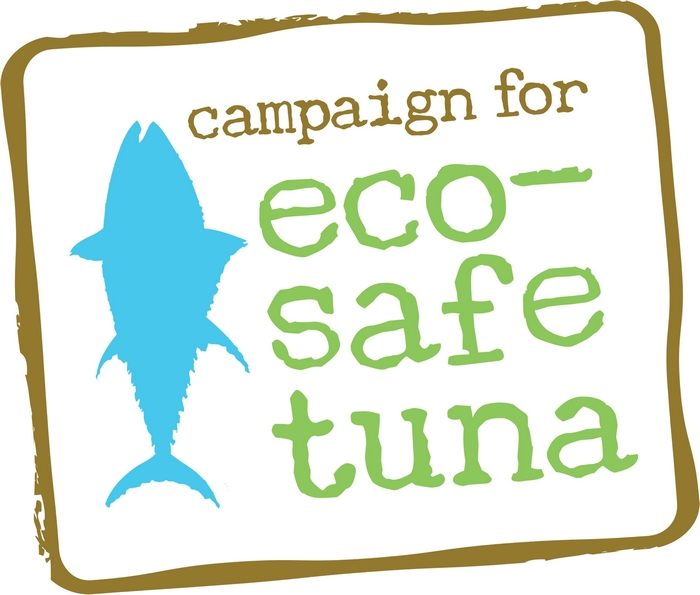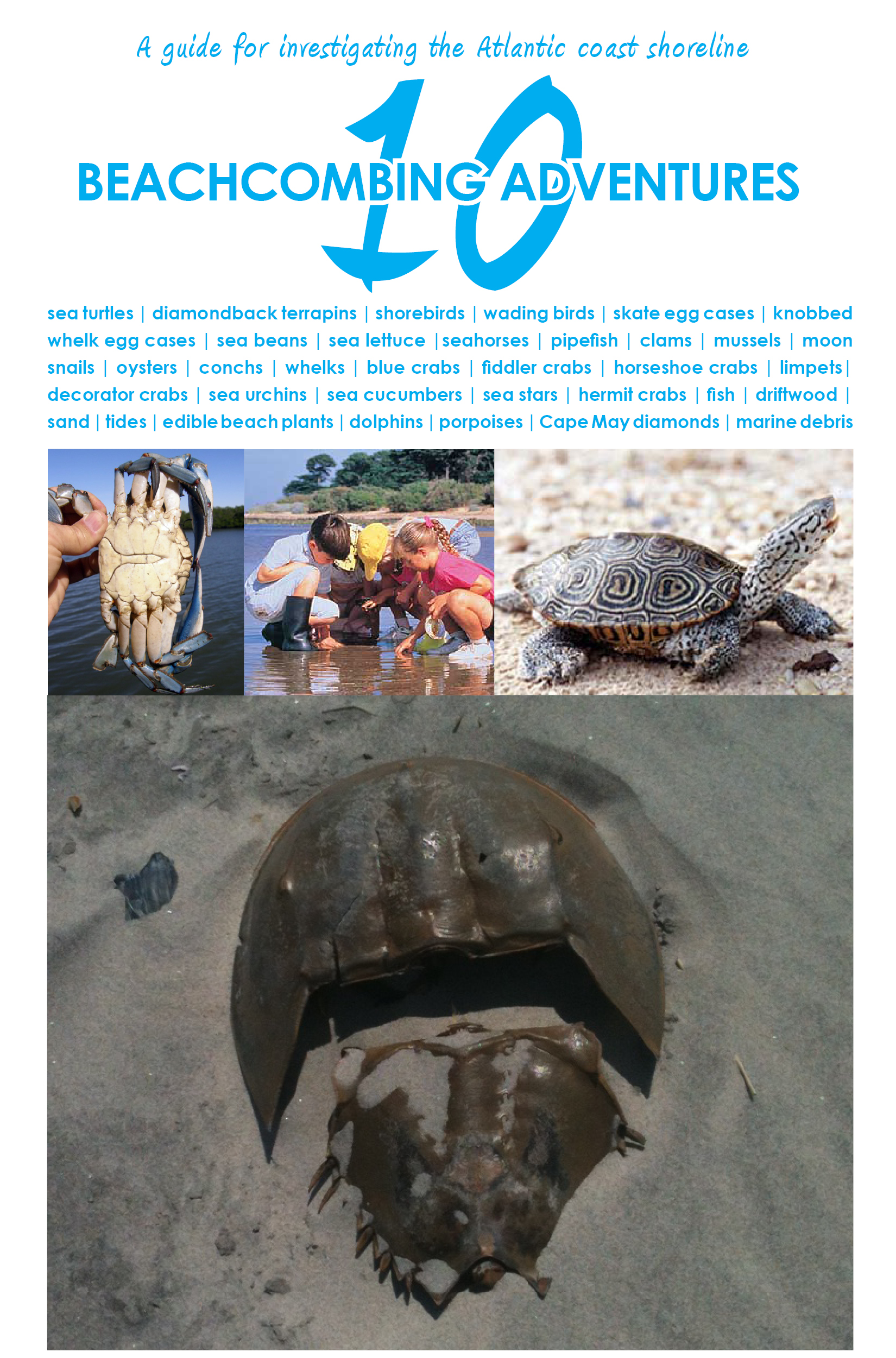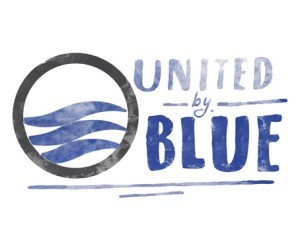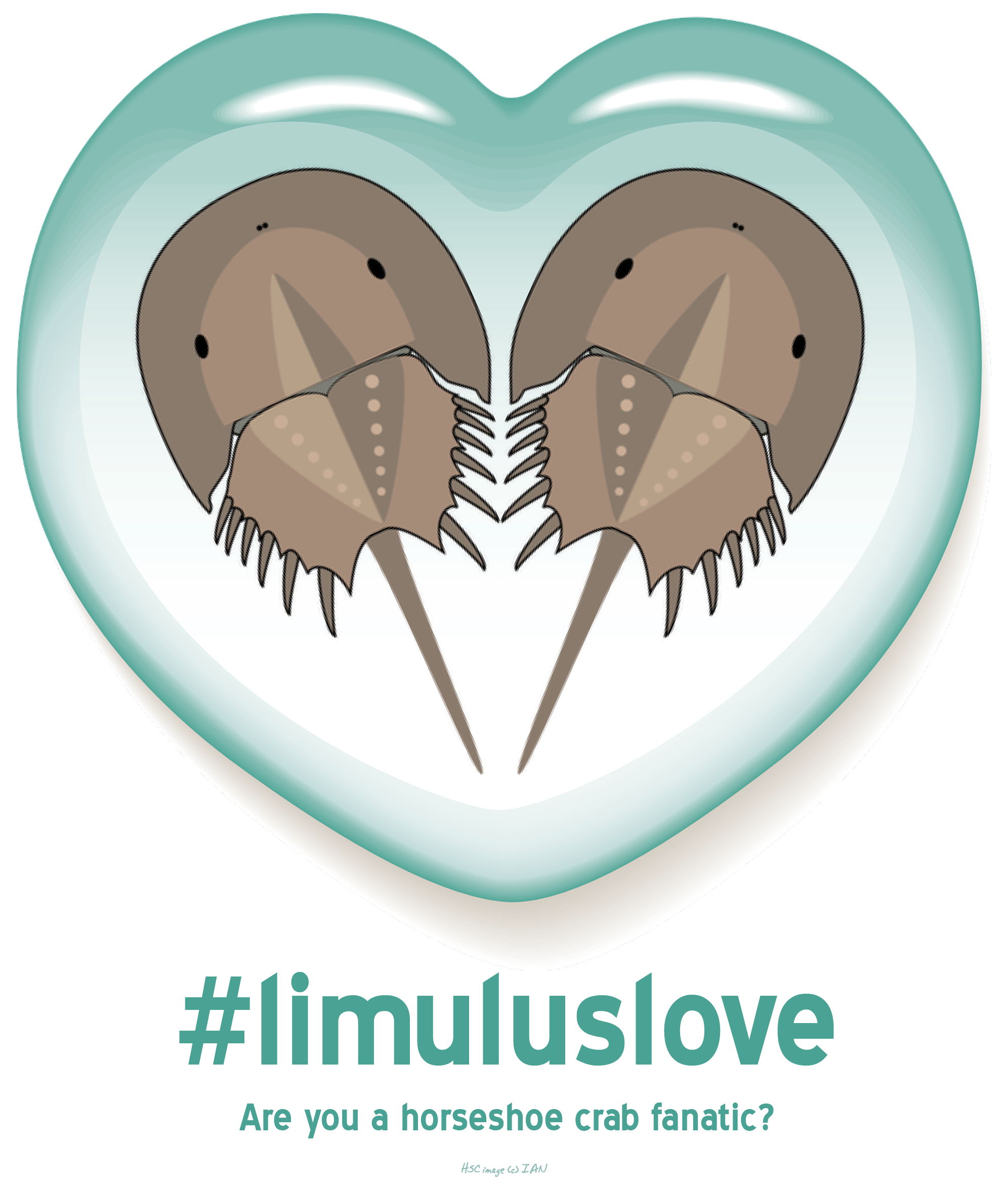The Latin name for osprey, Pandion haliaetus, means “bone breaker” and explains quite well how the bird of prey gets his main source of food, fish. Ospreys plummet down from almost 30 stories above water and use their barbed talons to grab onto mullet, menhaden, or other fish found in estuaries. These barbs can be thought of as backwards facing scales that allow them to be very precise in clutching their food source.
Image (c) grit.com









What people are saying …